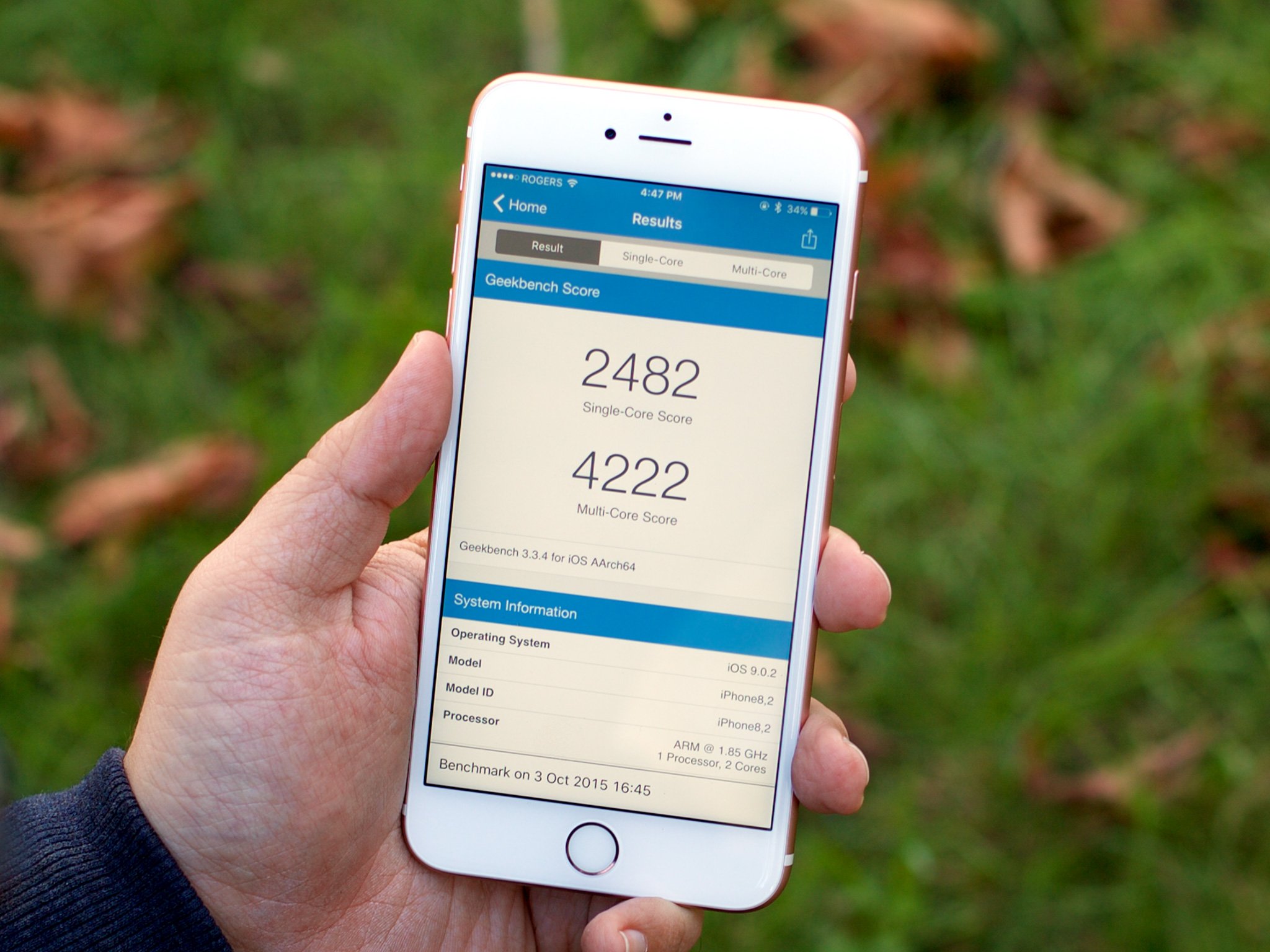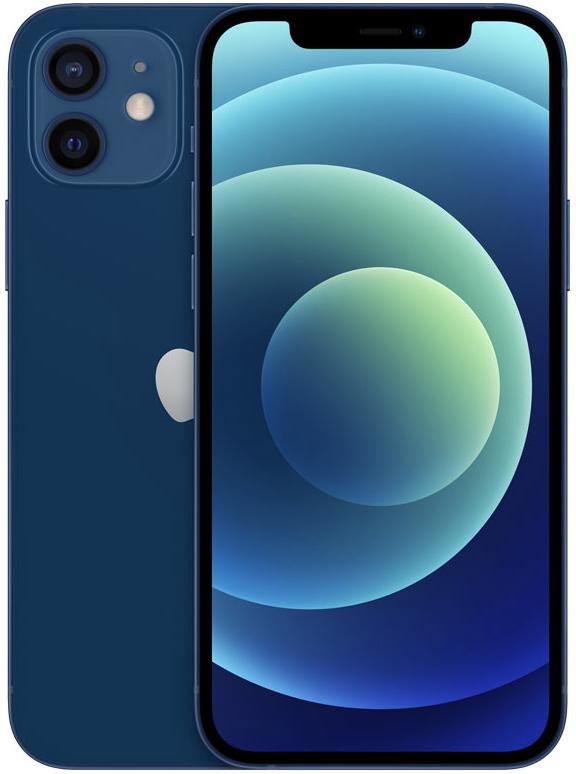Apple comments on A9 chipset performance: Negligible real world difference

There's been a lot of chatter about potential performance differences between the Apple A9 processors in the iPhone 6s and iPhone 6s Plus supplied by Taiwan Semiconductor Manufacturing Company (TSMC) and Samsung. Synthetic benchmarks run in unscientific tests have shown some variance in battery life between the two when under artificially heavy load. Under normal usage conditions, however, very little variance has been found. When reached for comment, Apple provided me with the following statement:
"With the Apple-designed A9 chip in your iPhone 6s or iPhone 6s Plus," an Apple spokesperson told iMore, "you are getting the most advanced smartphone chip in the world. Every chip we ship meets Apple's highest standards for providing incredible performance and deliver great battery life, regardless of iPhone 6s capacity, color, or model."Certain manufactured lab tests which run the processors with a continuous heavy workload until the battery depletes are not representative of real-world usage, since they spend an unrealistic amount of time at the highest CPU performance state. It's a misleading way to measure real-world battery life. Our testing and customer data show the actual battery life of the iPhone 6s and iPhone 6s Plus, even taking into account variable component differences, vary within just 2-3% of each other."
While Apple has been designing their own custom chipsets for years, the company doesn't own any fabrication plants (fabs) and so manufacturing is handled traditionally by Samsung and more recently by TSMC. This year, Apple is sourcing from both.
Since different fabs use different processes, yet Apple requires uniform results, all the chips are tested in just the way you'd imagine they would be—hard. That includes internal tests, popular public tests, and more importantly, data from actual devices being used by real people under real-life conditions.
If something fails to meet Apple's standards, it doesn't ship. Sometimes that causes shortages or minor delays, like with some models of Apple Watch, and sometimes it causes longer delays—the white iPhone 4 being the most famous example. And that was for the color.
With something as important as the processor in the iPhone, which is core to Apple's business, it's better for everyone involved to play it extremely safe. Apple's not interested in just selling you the current iPhone. They're interested in selling you iPhones now and far into the future. The brand is more important than the product.
If one supplier or another sometimes manages to exceed requirements in one dimension under one specific set of circumstances, that's great. Not good vs. bad—literally great vs. slightly greater under those specific conditions.
And again, real-world tests—including some of the ones posted—show only a 2-3% difference. Radio reception can create far greater variances than that, as can temperature, background task load, and more.
Master your iPhone in minutes
iMore offers spot-on advice and guidance from our team of experts, with decades of Apple device experience to lean on. Learn more with iMore!
To be clear, if you're a tech enthusiast who is super into extreme workloads and synthetic benchmarks, it's an interesting subject to knock around. If you're a mainstream consumer, ignore the noise. There's no meaningful difference between iPhones and your time is much better spent enjoying your new phone.

Rene Ritchie is one of the most respected Apple analysts in the business, reaching a combined audience of over 40 million readers a month. His YouTube channel, Vector, has over 90 thousand subscribers and 14 million views and his podcasts, including Debug, have been downloaded over 20 million times. He also regularly co-hosts MacBreak Weekly for the TWiT network and co-hosted CES Live! and Talk Mobile. Based in Montreal, Rene is a former director of product marketing, web developer, and graphic designer. He's authored several books and appeared on numerous television and radio segments to discuss Apple and the technology industry. When not working, he likes to cook, grapple, and spend time with his friends and family.

